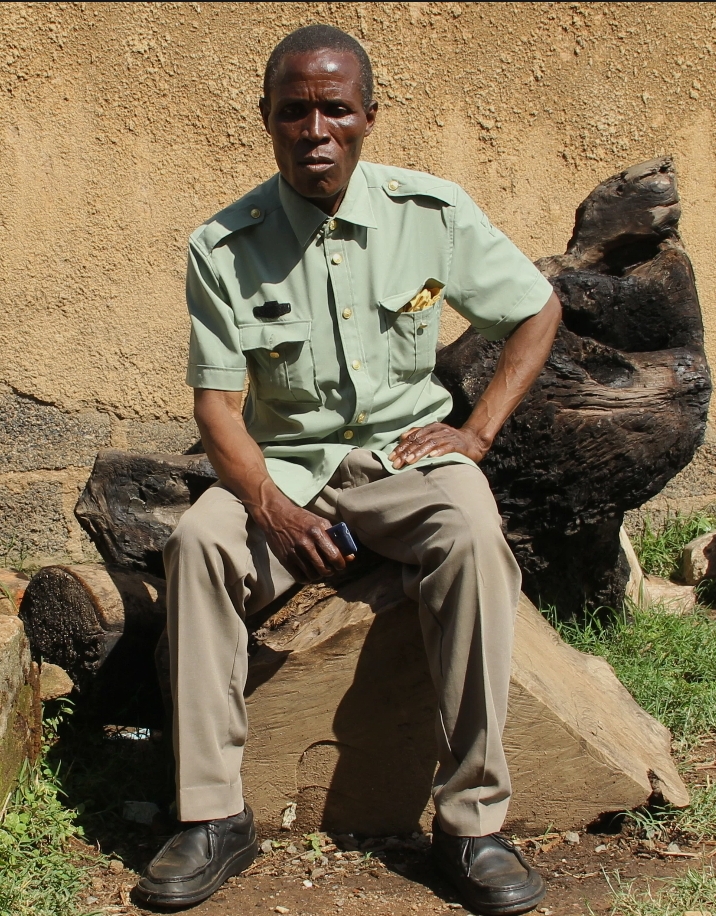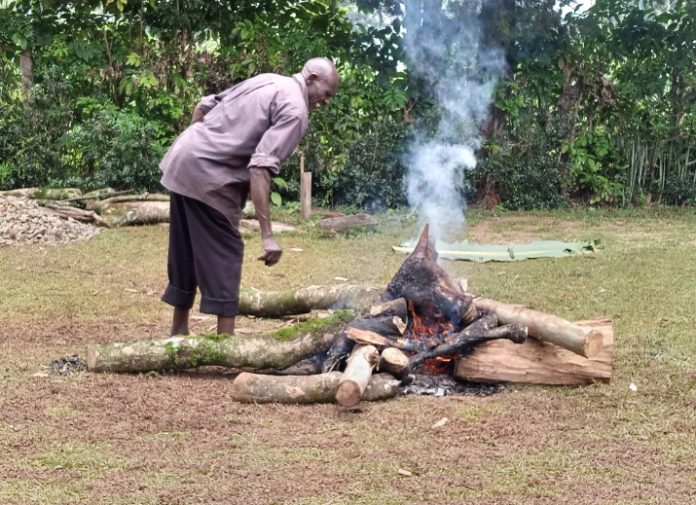Cemeteries across the world exist as final ‘resting places’ for the dead and the norm for many communities is that the dead should not be disturbed whatsoever.
Some communities far from Africa such as the Torajans people from Indonesia however, exhume bodies of the buried and organize celebrations with them_ a taboo to the African communities.
Some African communities such as the Batsotso sub- tribe of the Luhya, astonishingly conduct the practice in scenarios where a body is buried in a disputed land or not having granted the dead a decent send-off.
These weighty circumstances will force them to exhume the body, a practice known to them as ‘Okhuyisya’
The ritual was to be performed and attended by elders of more than 70 years of age. The ritual was believed to protect the living against haunt by evil spirit of the dead.
“Young men and women were prohibited from attending the ritual,” said David Khalukana, chairman of the Kabras community in Kakamega County.
Omusango (process)
Upon realization of the mistake after burial, elders from the mistakenly buried community would be called upon and perform certain rituals on the body before being exhumed at night.
“The spirits of the ancestors were to be included in the occasion, they were believed to come out of their respective graves at night”, Added James Amunze, Kakamega ‘Baisukha’ chairman,
Traditional herbs mixed with a slaughtered goat’s blood are smeared on the grave of the wrongly buried person before its exhumation, elders Cain the body severally uttering some words on it.
“Elders had supernatural powers that enabled them to communicate to the dead, their words meant to appease the dead and protect the community against recurrence of asimilar mishap”, he added.
After cleansing the two families, a traditional banana was erected on top of the grave where a body had been exhumed.

David Khalukhana chairman of the Kabras subtribe during an interview.
The traditional concoctions would again be smeared over the now-filled grave while their family members are cleansed to protect them from being haunted by the spirits of the wrongly buried person.
“Youth and women were not allowed to attend the ceremony, anyone who cried during the activity would die a premature death”, Said Khalukana.
Since the body did not belong to that community, it would be removed out of the compound through a path in a fence created that night and closed before sunrise.
“If the body was exited from the compound through the same road used by other people, there is a possibility that the bodies of the family will be lost if they die,” he added.
The coffin, clothes, and photos that were taken during the burial ceremony would be burned the same night before the sun arises.
“Failure to do this, the community risks being plagued with sudden deaths and illness,” noted Khalukhana.
Afresh funeral ceremony would be planned and another grave is dug to prevent spirits from the initial buried person from tormenting their person’s body.
However, with the advent of modern technology, most of communities have ceased this tradition with fewer chances of burying the wrong person.
End



